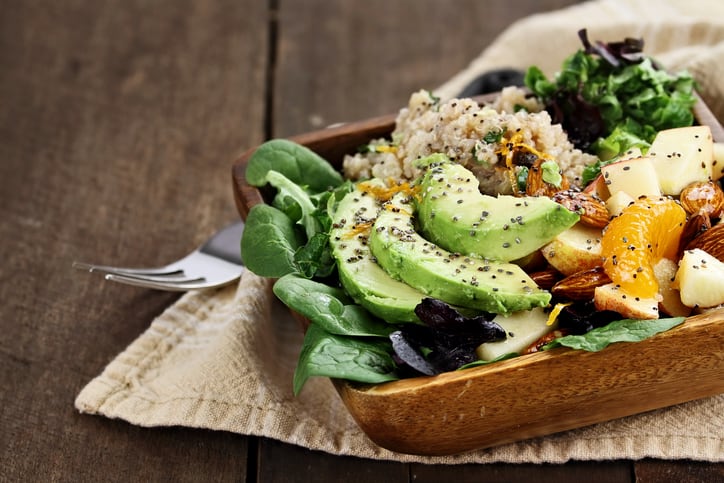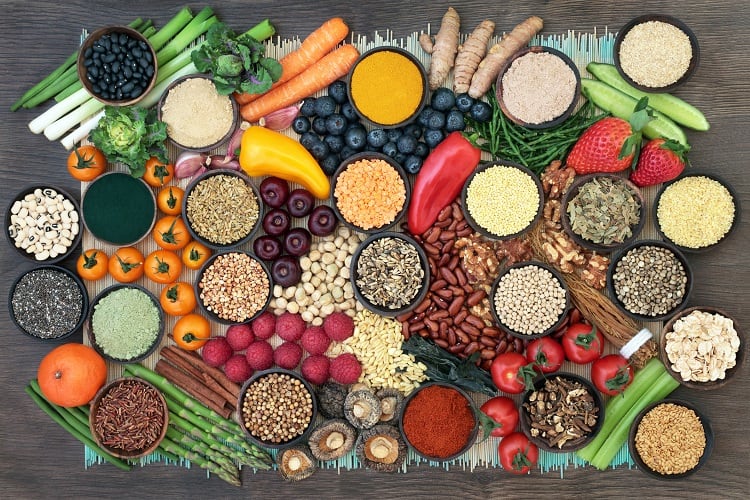Scientists have sequenced the avocado, laying the groundwork for future improvements to farming.
Increased demand for the seasonal fruit in recent years has hit supply recently, with European avocado prices soaring amid shortages.
This has led to trends such as restaurants serving ‘mockamole’, made with peas or courgettes replacing avocado. There are also reports of trendy cafes removing it from their menus due to sustainability and environmental concerns. In December last year a cafe in Buckinghamshire, UK, stopped serving avocados, telling customers it wanted to focus on home-grown produce. “The Western World’s obsession with avocado has been placing unprecedented demand on avocado farmers, pushing up prices to the point where there are even reports of Mexican drug cartels controlling lucrative exports,” it told its customers via an Instagram post.
Shedding light on avocado's genetic origins
Scientists in the US, meanwhile, have sequenced the avocado genome in order to shed light on the origins of ‘green gold’ and bring about the species’ improvement. The study, published in the Proceedings of the National Academy of Sciences, showed that the popular Hass variety of avocado inherits 61% of its DNA from Mexican avocado varieties and 39% of its DNA from Guatemalan avocados.
The researchers leading the study said that by understanding the avocado's origins, scientists and farmers could adapt growing practices to guarantee more success. The genetic information, they noted, could also be used to create new varieties of avocados with different tastes and textures.
The global market for avocados was worth about US $13 billion in 2017, according to global market research company Statista. Mexico, the largest global producer, exported around $2.5 billion worth of the fruit that year. Around the world, avocados are spread on tortillas, mashed up to flavour toast, rolled into sushi and blended into milkshakes.
"Our study sets the stage for understanding disease resistance for all avocados," said Victor Albert, Empire professor of biological sciences in the U.B. College of Arts and Sciences. He explained that the knowledge gained in the study could help protect the avocado economy and prevent shortages and price increases.
"If you have an interesting tree that looks like it's good at resisting fungus, you can go in and look for genes that are particularly active in this avocado. If you can identify the genes that control resistance, and if you know where they are in the genome, you can try to change their regulation. There's major interest in developing disease-resistant rootstock on which elite cultivars are grafted."
Making avocados accessible to modern genomic-assisted breeding efforts
Luis Herrera-Estrella, Professor of Plant Genomics at Texas Tech University, who conceived the study, said: "Avocado is a crop of enormous importance globally, but particularly to Mexico. Although most people will have only tasted Hass or a couple of other types, there are a huge number of great avocado varieties in the species' Mexican centre of diversity, but few people will have tried them unless they travel south of the US border.”
He said that these varieties are genetic resources to help ensure the avocado's future. “We needed to sequence the avocado genome to make the species accessible to modern genomic-assisted breeding efforts," he said.
"We study the genomic past of avocado to design the future of this strategic crop for Mexico. The long life cycle of avocados makes breeding programs difficult, so genomic tools will make it possible to create faster and more effective breeding programs for the improvement of this increasingly popular fruit."
Source:
‘The avocado genome informs deep angiosperm phylogeny, highlights introgressive hybridization, and reveals pathogen-influenced gene space adaptation’
Authors: Luis Herrera-Estrella, Victor Albert
Proceedings of the National Academy of Sciences



